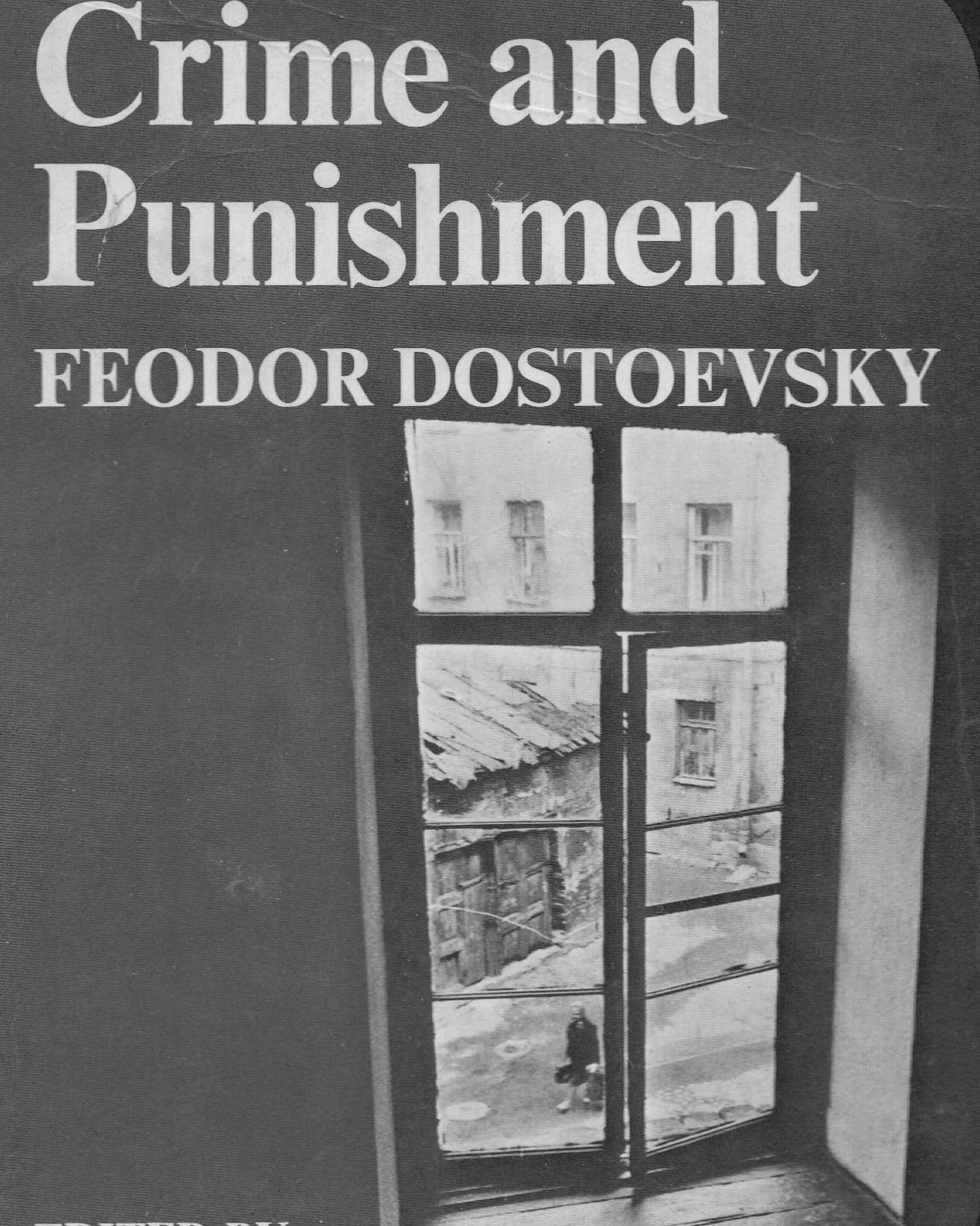

Other German intellects like Alfred Baeumler used Nietzsche’s ideas to support Nazi ideology. Later, Hitler took on some of these terminologies and ideas, twisting his attack on spirituality and morality to a racist-nationalistic agenda.

Nietzsche famously proclaimed that God is dead, and found the “superman as a path out of this.” The “Superman” Conceptįriedrich Nietzsche wrote in 1883 (after Dostoevsty) about the “superman”, or Übermensch, in Thus Spoke Zarathustra, being able to transgress morality (which was rooted in God and Christianity, and according to Nietzsche, superstitious beliefs), creating their own new values, without experiencing negative psychological ramifications. He experiences delirium, punishing dreams, and physiologically reacts in a way he did not expect. The plot develops around the fact that, instead, he finds himself racked with anxiety and torment over what he’s done, additionally being bothered by the fact that he may not be exempt from the consequences of transgressing these laws (i.e., being a “superman”) after all.įascinatingly, Raskolnikov’s journey begins to reveal to him that the worst punishment is the extreme undesired mental and emotional torment and psychological suffering, and not the actual legal punishment of his subsequent exile to Siberia. He murders a female pawnbroker and, later, another woman, using ideas of nihilism, utilitarianism and scientific rationalism to justify it. The best known of Dostoevsky’s masterpieces, Crime and Punishment can bear any amount of rereading without losing a drop of its power over our imaginations.ĭostoevsky’s drama of sin, guilt, and redemption transforms the sordid story of an old woman’s murder into the nineteenth century’s profoundest and most compelling philosophical novel.Īward-winning translators Richard Pevear and Larissa Volokhonsky render this elusive and wildly innovative novel with an energy, suppleness, and range of voice that do full justice to the genius of its creator.Released by Russian author Fyodor Dostoevsky in 1866, Crime and Punishment takes the reader through a psychological analysis of a young man, Rodion Raskolnikov, who believes he is this extraordinary person, able to transgress human and moral law without consequence.

When he commits an act of murder and theft, he sets into motion a story that, for its excruciating suspense, its atmospheric vividness, and its depth of characterization and vision is almost unequaled in the literatures of the world. Petersburg of the tsars, is determined to overreach his humanity and assert his untrammeled individual will. Raskolnikov, an impoverished student living in the St. New York, NY: Everyman's Library | Random House (1993)


 0 kommentar(er)
0 kommentar(er)
